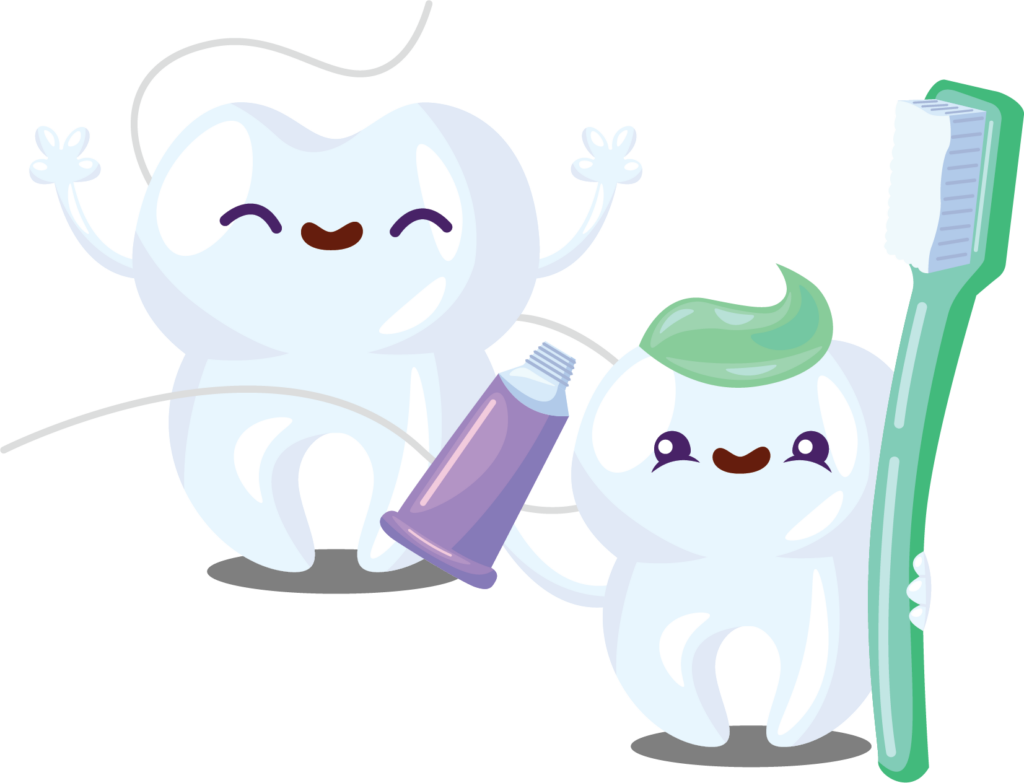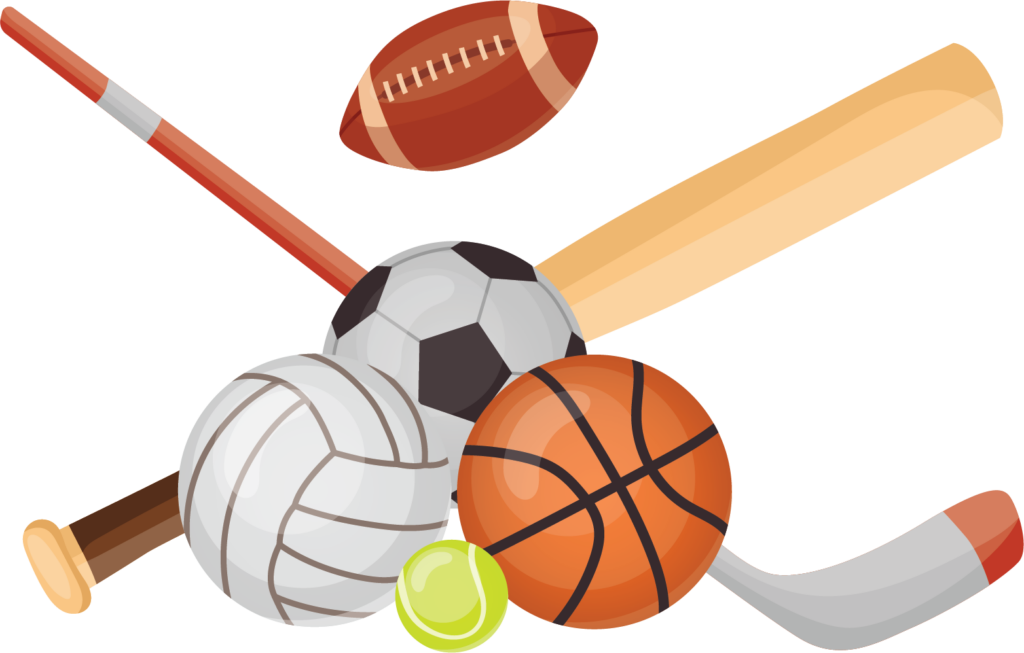Braces Care
Smiles in Progress
Your Braces Are On! Now What?
Now that you have your braces, it’s important to know how to take care of them throughout treatment. When you get braces on your teeth for your orthodontic treatment, your life won’t change — much. But some things will indeed be different. You may have to make small sacrifices and change your habits or behavior in minor ways.
Here’s an overview of what life with braces is like.
Eating With Braces

What Can I Eat?
- Dairy – soft cheese, yogurt, pudding
- Breads — soft tortillas, pancakes, muffins
- Grains — pasta, rice
- Meats/poultry — soft cooked chicken, meatballs
- Seafood — tuna, salmon, crab cakes
- Vegetables — mashed potatoes, steamed spinach, beans
- Fruits — applesauce, bananas
- Treats — ice cream, milkshakes, jello, soft cake
What To Avoid
- Chewy foods — bagels, licorice. hard rolls
- Crunchy foods — popcorn, chips, ice
- Sticky foods — caramel candies, gum
- Hard foods — nuts, hard candies
- Foods that require biting into like corn on the cob, apples, and carrots

We’re not here to be the snack police, however, we want you to have the best experience with your braces AND achieve the best outcome with your smile. For this reason, it’s important to follow these guidelines as closely as possible.
The problem with crunchy foods like apples and pretzels is they can loosen your brackets or even make them pop off. For the same reason, you also need to be careful working your jaws too strenuously with dense, chewy foods such as hard rolls and bagels. If you do find yourself unable to resist eating something crunchy or chewy, cut the food into small bites first. You may also find ways to soften things up. Boil or steam carrots. Cut corn kernels off the cob.
And the issue with sticky foods like caramel or gummy bears is they can get stuck in your braces. The residue is difficult to remove with normal oral care, and you won’t want the stickiness wedged in your braces indefinitely. This can cause big problems with tooth decay later on!
keeping things in tech for you
Keeping Your Braces Clean
Maintaining excellent oral hygiene is always important but it’s especially important when you have braces. If plaque builds up on your teeth and around your braces, you could develop swollen gums, bad breath, cavities, and discolored teeth. You should brush your teeth after every meal so make sure you bring a small toothbrush with you to school or work. With braces, your toothbrush will wear out faster so make sure you replace it when the bristles start to fray. Flossing is a must but can be a little tricky at first. We’ll make sure you know exactly how to floss with braces before you leave our office. Floss threaders and waterpiks may come in handy!
Brushing
- Use a soft bristle toothbrush
- Use a small amount of toothpaste
- Use circular motions around the gumline for about 10 seconds on each tooth
- Brush every tooth slowly, making sure you get around your brackets
- Brush the lower teeth up and the upper teeth down
- Don’t forget to brush your tongue and the roof of your mouth!
Rinsing
After brushing, swish with mouthwash for 60 seconds to protect and strengthen your teeth.
Flossing
Although flossing with braces is tricky, you can get the hand of it with practice if you follow these steps:
- Floss once a day. Use waxed floss (unwaxed is more likely to get shredded by your braces).
- Use floss with a floss threader to place above and below the orthodontic wire.
- When using floss, use enough. About 18 inches of floss is good.
- Thread it carefully. Take the floss and carefully thread it under the main wire of the braces before passing it between two teeth. Then remove the floss and re-thread it under the main wire to pass between the next pair of teeth.
- Be sure not to snap the floss. Simply move it up and down gently against the side of each tooth.

Protect Your Smile When Playing Sports
If you’re the athletic type, you need to be careful to avoid receiving an impact to the mouth. This is always true, but it’s especially true for people with braces. A hard hit in a football or basketball game can damage your appliances, harm your teeth, and cut up the insides of your mouth. Even something seemingly safe like a tennis ball will do harm to your braces and your mouth if it comes at you with decent force.
That’s why we recommend that you wear a mouthguard during any sort of activity where there’s a risk of receiving a hard impact. Feel free to ask us for specific recommendations.

Common Appliance Issues
Loose Brackets
If a bracket becomes loose, it usually remains connected to the main wire. Call our office and we will schedule you for a repair appointment.
Wire Irritation
If a wire is poking and irritating, carefully use the eraser end of a pencil to gently push the irritating wire out of the way. If irritation continues, place wax or wet cotton on the wire to reduce the annoyance and call our office.
Lost Separators
To ensure there is enough space at the bonding appointment, separators must stay in the mouth for 7 to 10 days before placing the bands. A lost separator is rarely an emergency but needs to be replaced on our next working day.
What If I’m In Pain?
Discomfort after your initial appointment and regular adjustment appointments is normal, however, this should subside after a couple of days. Take aspirin, Tylenol, or ibuprofen (unless allergic) for temporary relief of discomfort caused by adjustments. If your pain persists or is severe, please contact our office.
Call our office as soon as possible for an appointment to check and repair any appliances. We have 24/7 emergency care when necessary. Your braces have a specific prescription for your teeth and any issues should be addressed as soon as possible.
